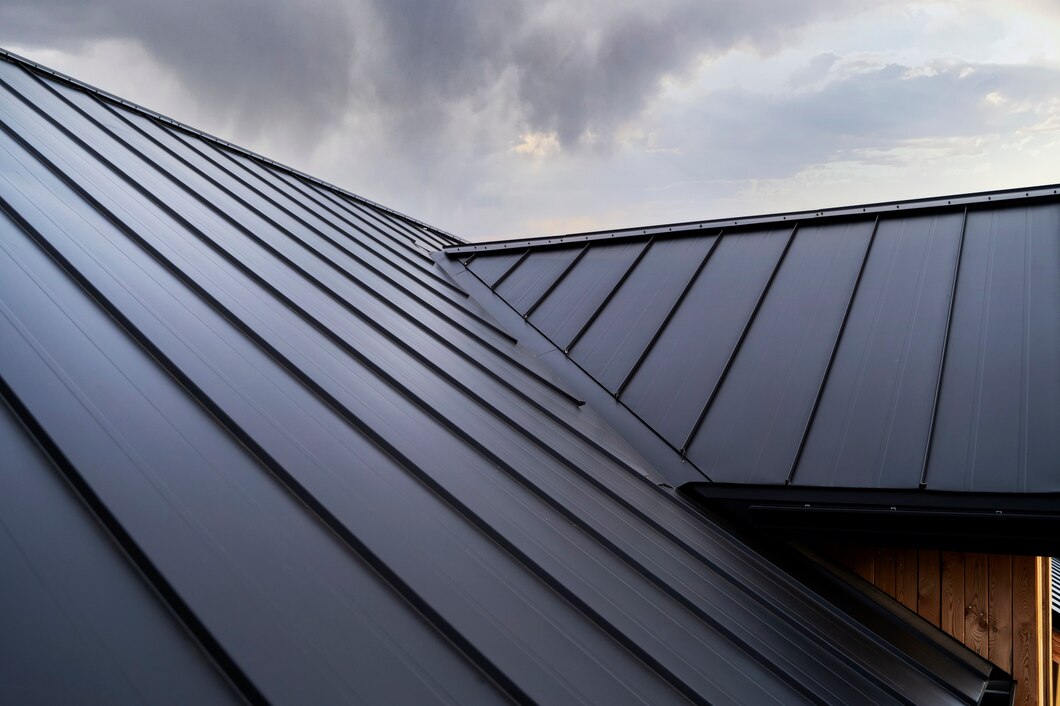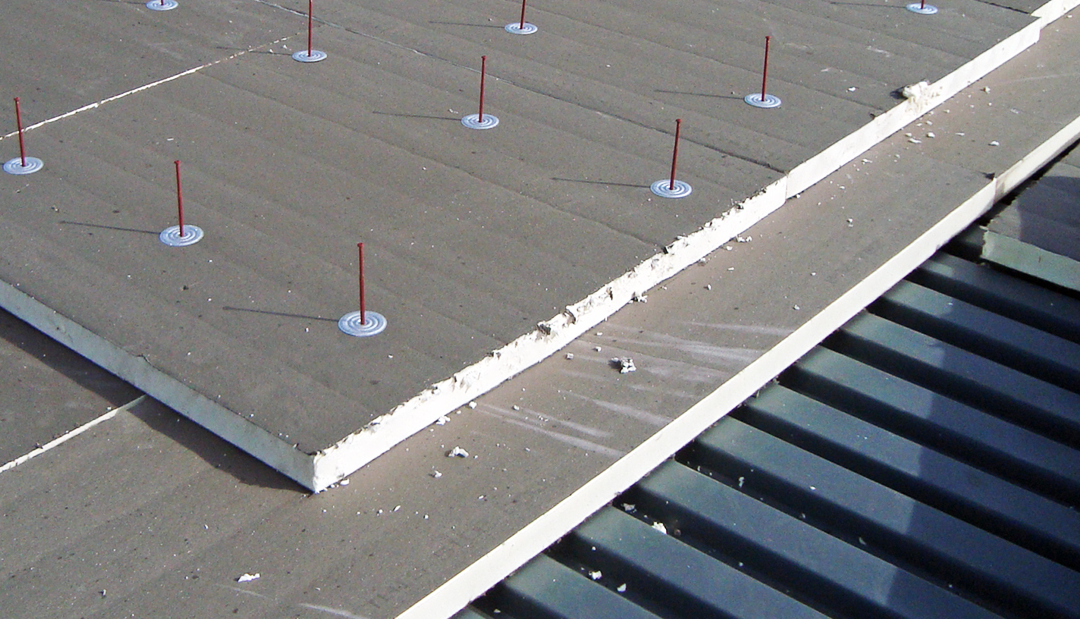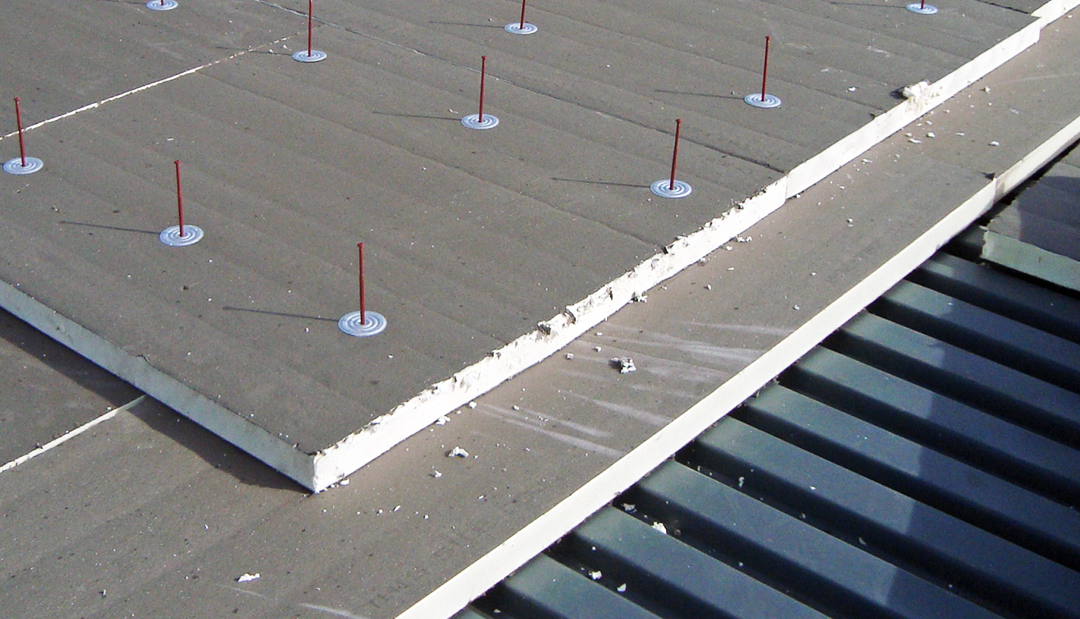When it comes to commercial roofing, there are several different types to choose from, each with its own set of benefits and drawbacks. As a business owner, it’s essential to understand the most common types of commercial roofing in Long Island to make an informed decision for your building. In this blog post, we will explore the various types of commercial roofing, their uses, and which one may be the best fit for your needs.
Whether you are looking for longevity, flexibility, cost-effectiveness, energy efficiency, chemical resistance, aesthetics, or environmental benefits, there is a commercial roofing option out there for you.
Built-Up Roofing (BUR) and Its Longevity
Built-up roofing (BUR) is a testament to traditional roofing practices. It embraces a multi-layered construction method that combines bitumen and reinforcing fabrics. This technique results in a roofing system characterized by remarkable durability and an impressive lifespan. BUR’s resilience to severe weather conditions, including the harsh and unpredictable climates often experienced in Long Island, is a notable advantage.
This quality of BUR makes it a preferred choice for commercial establishments that prioritize longevity in their roofing solutions. While the construction methods used are time-tested, it incorporates modern advancements in roofing technology.
This robust roofing option provides a reliable and long-term solution for protecting commercial assets against the elements without the need for frequent replacements or extensive maintenance.
Also Read:
Modified Bitumen Roofing for Increased Flexibility
Modified Bitumen Roofing distinguishes itself in commercial roofing in Long Island by offering enhanced flexibility. This is a trait particularly beneficial for the ever-changing climate of Long Island.
This roofing material is an evolution of the traditional asphalt roofing, fortified with polymer modifiers such as APP (Atactic Polypropylene) or SBS (Styrene-Butadiene-Styrene), which endow the roof with an improved ability to expand and contract without compromising its integrity. This adaptability makes Modified Bitumen an ideal candidate for buildings subject to temperature fluctuations, ensuring a consistent performance through seasons.
Furthermore, its installation process, which can be achieved through heat-welding, cold-applied adhesives, or self-adhesive sheets, offers versatility and convenience. This roofing type also merits recognition for its resistance to foot traffic and punctures, features that extend its lifespan and reduce the need for repairs.
In essence, Modified Bitumen Roofing presents a flexible, durable, and efficient roofing solution for commercial establishments in Long Island, adept at meeting the specific demands of their infrastructure while aligning with budgetary considerations.
EPDM Roofing for Cost-Effective Solutions
EPDM Roofing, represented by its Ethylene Propylene Diene Terpolymer composition, is a premier choice within commercial roofing in Long Island. Especially noted for its cost-efficiency. Its synthetic rubber membrane construction grants it notable durability, which stands against various environmental stressors such as hail, ultraviolet radiation, and ozone.
The inherent resilience of EPDM roofing and its straightforward installation process presents a compelling solution for business owners across Long Island who seek to balance budgetary constraints with quality roofing solutions.
This roofing type is especially advantageous for those prioritizing long-term savings, as its maintenance requirements are minimal, and its lifespan extends significantly compared to other roofing materials. The economic benefits of EPDM roofing do not compromise its performance, offering a protective barrier that ensures the safety and security of the commercial premises it shelters.
TPO Roofing for Energy Efficiency
Thermoplastic Polyolefin (TPO) stands out primarily for commercial roofing in Long Island for its superior energy efficiency. The inherent design of TPO roofing features a reflective white surface that plays a crucial role in minimizing heat absorption by reflecting sunlight. This characteristic is particularly beneficial in reducing the cooling demands of a commercial building during the warmer months. It is a factor that can lead to significant cost savings on energy bills.
TPO’s energy-efficient properties are complemented by its robustness against physical damages such as tears, punctures, and impacts, attributing to its longevity and reducing the likelihood of needing premature repairs or replacements.
Its composition not only ensures a cooler and more stable indoor environment but also contributes to the overall sustainability goals of a facility. Opting for TPO roofing can be a strategic decision for commercial properties in Long Island, aiming to enhance their operational efficiency while simultaneously prioritizing environmental responsibility.
PVC Roofing for Chemical Resistance
Polyvinyl Chloride, commonly known as PVC roofing, emerges as an exemplary solution within commercial roofing in Long Island due to its exceptional resistance to chemicals. This synthetic roofing membrane has garnered acclaim for its ability to withstand exposure to a myriad of chemical substances.
The composition of PVC roofing is engineered to resist degradation, ensuring that it maintains its structural integrity and appearance over time, even in environments that are typically hostile to other roofing materials.
Apart from its chemical resilience, PVC roofing also exhibits high reflectivity. This feature reduces the absorption of solar heat, thereby decreasing cooling costs for commercial buildings. The energy-saving potential of PVC roofing is economically advantageous and aligns with contemporary efforts toward sustainability and energy efficiency in commercial construction.
The durability of PVC roofing extends beyond its chemical resistance and energy-saving properties. It is also recognized for its ability to repel water, resist fire, and withstand strong winds, making it an all-around robust choice for commercial establishments.
The amalgamation of these qualities positions PVC roofing as a practical, long-term investment for business owners in Long Island who require a roofing solution that delivers both performance and peace of mind in the face of chemical exposure and environmental challenges.
Metal Roofing for Longevity and Aesthetics
Metal roofing is a superior choice for commercial properties, blending unmatched durability with aesthetic versatility. Known for its capacity to endure over 50 years, metal roofing is a testament to long-term reliability. This option is particularly appealing for business premises on Long Island, where the architectural integration of style and functionality is paramount.
The range of available finishes and colors enables business owners to customize their building’s exterior to reflect their brand or to harmonize with the surrounding environment. Beyond its visual appeal, metal roofing offers practical benefits, including resistance to fire, wind, and water, safeguarding the structure against common environmental threats. Its reflective properties also contribute to energy efficiency, deflecting sunlight to reduce cooling costs during warmer months.
Green Roofing for Environmental Benefits
Green roofing is an innovative and sustainable choice within the sector of commercial roofing in Long Island. This type of roofing system incorporates a living layer of vegetation atop a conventional roof, introducing many ecological benefits. The natural layer acts as an insulating medium, significantly reducing the heat island effect common in urban areas such as Long Island.
This insulation capability lowers energy consumption by moderating the building’s temperature and extends the roof’s lifespan by protecting the underlying structure from extreme weather conditions.
Moreover, green roofs play a pivotal role in stormwater management. They absorb and retain rainwater, thereby lessening the burden on sewage systems and mitigating the risk of flooding. This capacity for water retention also contributes to the purification of rainwater and the reduction of runoff, which is instrumental in protecting local waterways from pollution.
In addition to these practical benefits, green roofing enhances biodiversity by providing habitats for a variety of plant species and urban wildlife, fostering an ecological balance within commercial developments. By integrating green roofs into commercial properties, business owners in Long Island can partake in a greener future, promoting environmental stewardship while reaping the inherent benefits of improved air quality and energy efficiency.
Conclusion – Choosing the Right Commercial Roofing for Your Needs
Selecting an appropriate commercial roofing in Long Island requires evaluating various factors specific to your building’s requirements.
Factors such as climatic conditions in Long Island, the architectural style of your building, budget constraints, and specific performance needs like energy efficiency or chemical resistance should help with this decision.
You should get a professional contractor for this work. By doing so, you can make a well-informed choice that safeguards your commercial asset and aligns with your long-term operational and environmental goals.
If you are looking for commercial roofing in Long Island – Delta roofing is your go-to! Get in touch to book your services now!




